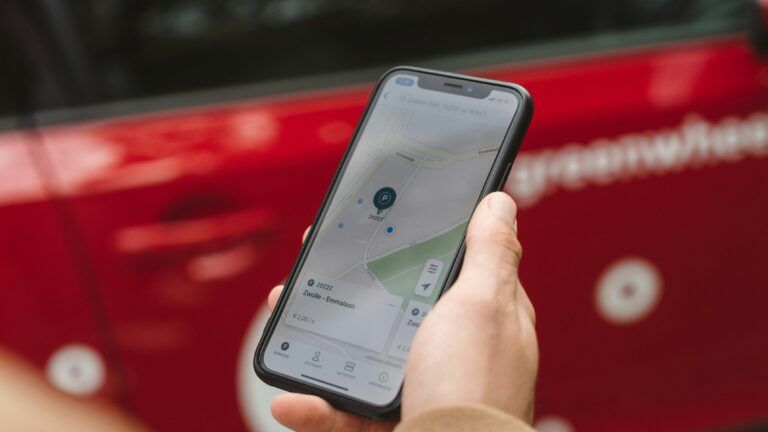Access and revenue management giant Skidata has announced the purchase of Swedish smart parking app developer ePark. The acquisition reflects Skidata’s continued growth in the app-based parking market, complementing its long-standing role in infrastructure-based access systems.
The move is also part of Skidata’s vision to operate across both on-street and off-street parking – driven by user demand for seamless user journeys, flexible payment models, and connected infrastructure.
ePark addresses these needs through a purpose-built platform for digital short-term parking, digital permits, and value-added services. The company offers a modular and scalable system used by more than 200 municipalities and private operators and processes over 6.7 million transactions per year.
Trusted by over 2 million users, ePark is known for combining a user-friendly mobile experience with a reliable back-office system, making parking administration more efficient for operators and municipalities.
 By adding ePark’s platform, Skidata enables cities and operators to deliver even better mobility experiences through interoperable, scalable technologies. This approach ensures that public and private operators retain complete control over customer relationships and service models while gaining access to a broader ecosystem.
By adding ePark’s platform, Skidata enables cities and operators to deliver even better mobility experiences through interoperable, scalable technologies. This approach ensures that public and private operators retain complete control over customer relationships and service models while gaining access to a broader ecosystem.
ePark will continue to operate as a separate business unit within the Skidata structure. The brand, platform, and leadership remain unchanged, ensuring continuity for customers and partners while benefiting from the scale and resources of Skidata’s global organization.
“We’re excited to expand our direct offering to cities and operators while staying true to our commitment to open integrations – including third-party apps and systems,” says Willem-Jan Balk, SVP for marketing and sales at Skidata. “With Skidata Connect, we enable simple, secure, and sustainable integration that adds value without limiting flexibility.”
Integrating ePark’s offering with Skidata’s core portfolio creates a complete solution that spans both on-street and off-street parking environments. This allows cities and operators to manage access, payment, and permits through a unified system, improving efficiency, user satisfaction, and data-driven service delivery.





